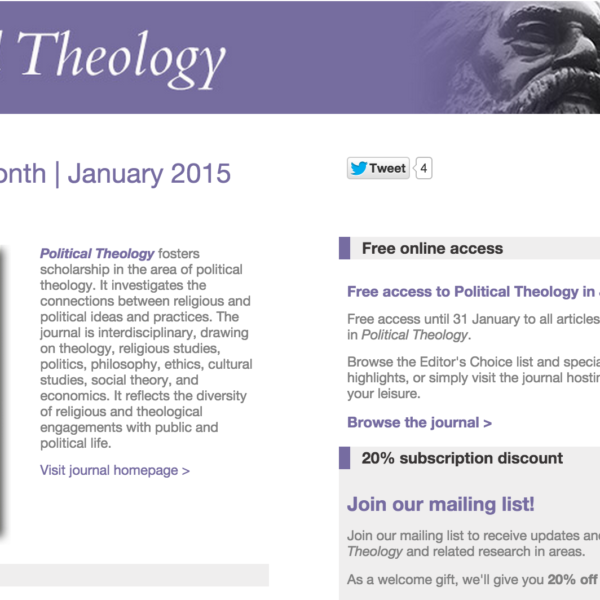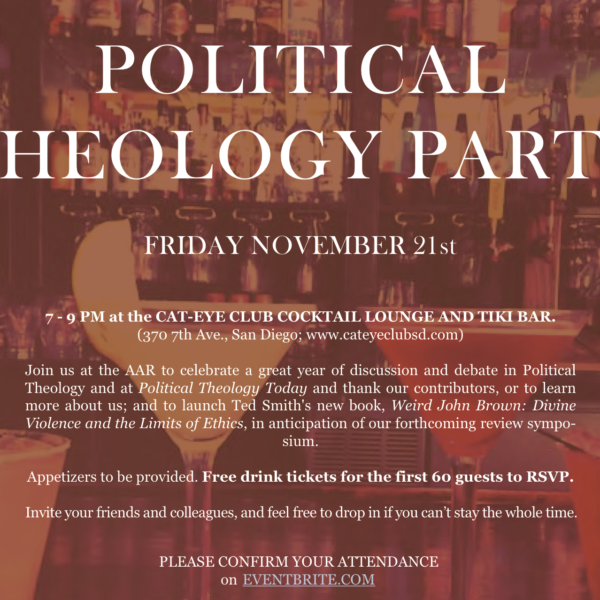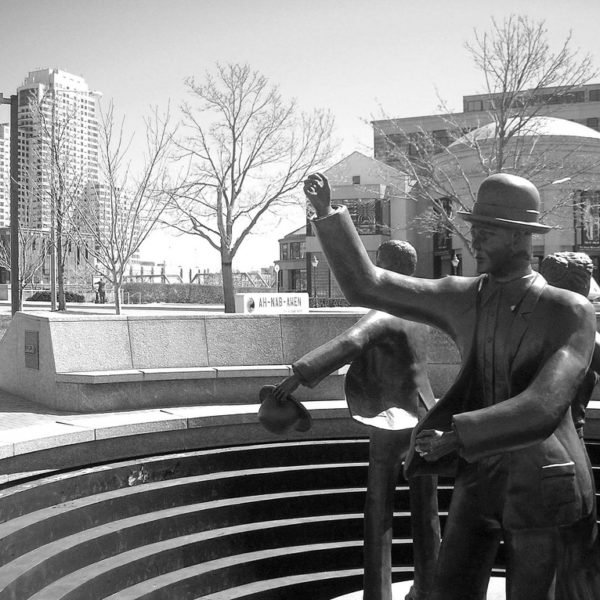
Labor leaders and scholars from around the world are gathering for a two-day symposium in Syracuse, New York, to explore how the moral resources within religious traditions can invigorate labor activism and struggles for labor justice. The symposium will bring together ethicists, theorists, theologians, historians, and others to foster a dialogue intended both to deepen scholarly conversations around these issues and to promote greater intellectual depth for faith-based labor organizing. The conference will be held at Syracuse University and Le Moyne College on April 10-11. Registration is free and all are welcome.
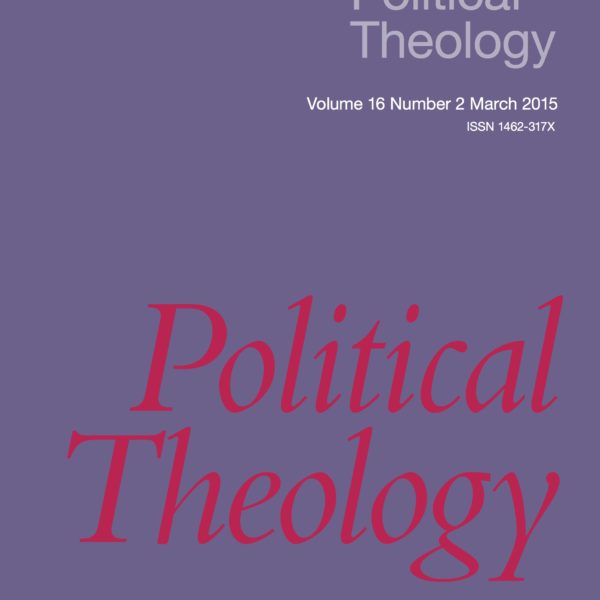
The journal Political Theology is very pleased to announce new members of its editorial team who will further the journal’s geographical diversity and will strengthen the journal’s interdisciplinarity. New editorial team members include Ruth Marshall, a scholar with joint appointments in political science and religion at the University of Toronto; Elizabeth Phillips, a theologian at Cambridge University; and Timothy Stanley, a philosopher of religion at the University of Newcastle, Australia. Brad Littlejohn, the managing editor of the journal’s blog, will continue in that capacity and will now be recognized as Associate Editor for the Blog.

I would not shoe-horn the following contributions into the terms of the remarks posted yesterday, yet there is a familial space where kindred concerns find different expression with these authors. Christoph Schmidt focuses on Rene Girard’s defense of Christianity in encounter with Nietzsche in terms of Nietzsche’s antithesis between Christ and Dionysius. Girard identifies this as the antithesis of modernity as such.
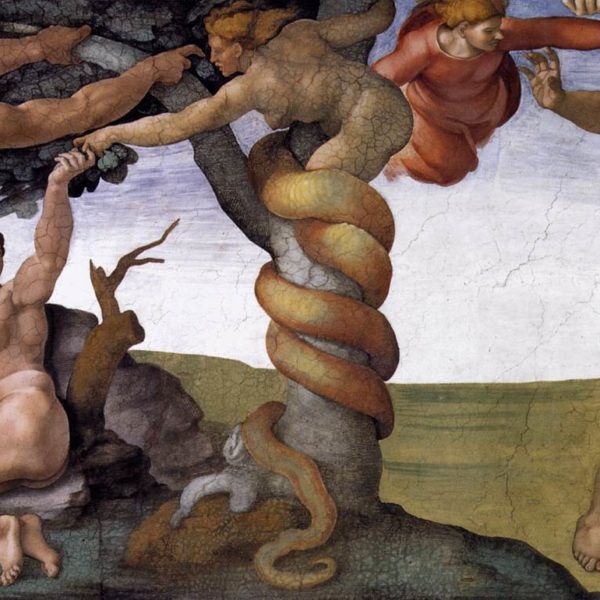
William Desmond (Institute of Philosophy, KU-Leuven, and Department of Philosophy, Villanova University) introduces the latest issue of Political Theology (guest-edited by Péter Losonczi), which is devoted to the theme, “Evil and Political Theology.” His lengthy introductory essay appears here in two parts, first introducing the theme in general, and tomorrow introducing some of the particular contributions.

Call for Papers: Political Theology has expressed interest in publishing a special issue on the theme of intellectual virtue and civil discourse (subject to editors’ and referees’ approval). Due date: June 15, 2015.
Intellectual virtues are commendable traits of thought that facilitate the acquisition of knowledge and understanding. Public discourse would be much better off when citizens exercise such virtues, it seems.
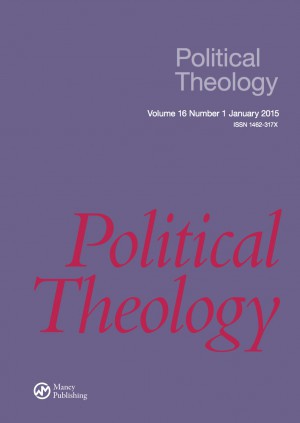
Issue 16.1 of the journal Political Theology is devoted to theology, plurality and society. Below guest editor, Dr. Peter Scott, introduces the issue.
Must a religiously plural society fall apart? How does theology process plurality? This special issue of Political Theology addresses the issue of plurality from a variety of theological perspectives. It began life as an attempt to respond to an earlier special issue of the journal, which assessed critically the political and theological phenomenon of Red Toryism. In the earlier volume, there was persistent criticism of an appeal to a common tradition in the context of a religiously plural society.
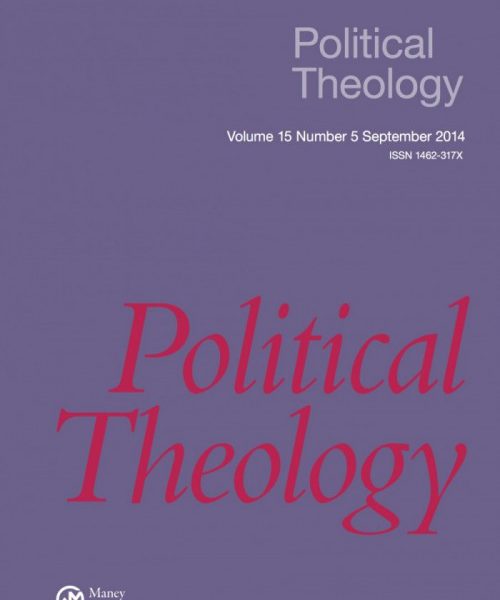
The journal Political Theology is very pleased to welcome seven new members of its Editorial Board.
Roland Boer is Associate Professor in the School of Humanities and Social Science at the University of Newcastle, Australia. He is also Professor of Literary Theory at Renmin University of China, in Beijing. Boer is the author of numerous books, including the five volume series, On Marxism and Theology. He co-edits the journal Critical Research on Religion.
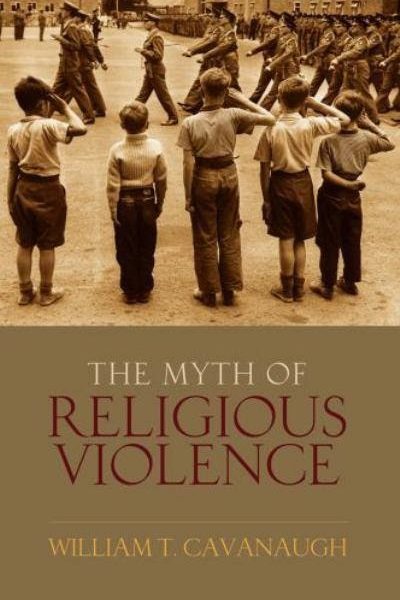
Issue 15.6 of the journal Political Theology is a special issue on William T. Cavanaugh’s The Myth of Religious Violence. Dr. James Murphy served as guest editor of the issue. Below he introduces the symposium.
The appearance of William Cavanaugh’s important new book offers a strikingly new take on the familiar debate about religion and violence. According to Cavanaugh, it has become a very widespread article of faith that there is something especially dangerous about religion.

The 2015 Balkan Summer School on Religion and Public Life (BSSRPL) will be devoted to the theme Conversion and the Boundaries of Community. As with previous schools, it proceeds from the idea that religion and other forms of collective belonging are central for the life of both individuals and society, and that our religious communities are often those to which we devote our greatest loyalties.
